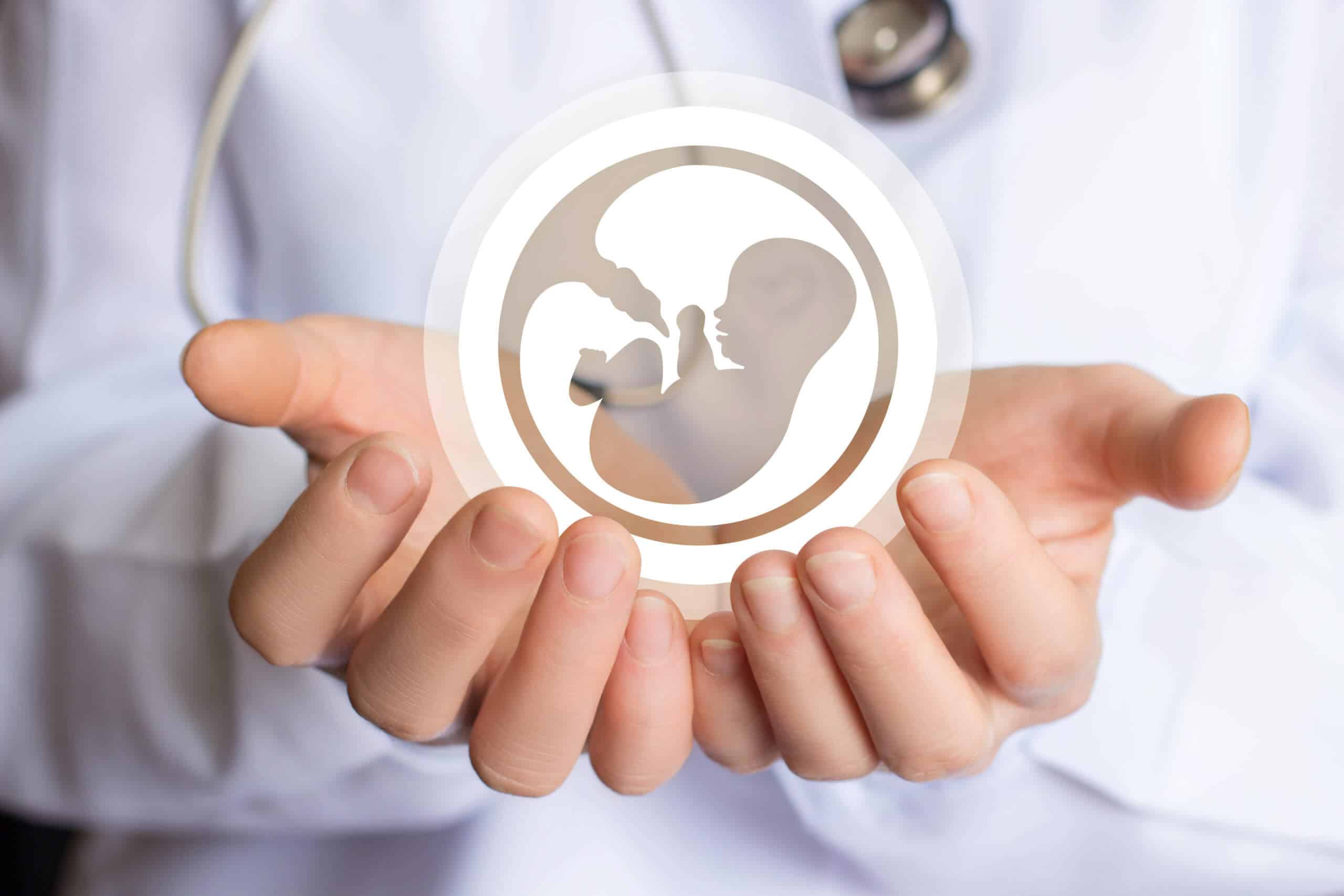This piece was produced by fertility supplement provider Fertility Family.
Helping couples who are struggling with fertility problems is an incredibly rewarding but highly challenging career path. As a fertility clinician you are in a unique position to be able to offer hope to many people who have lost it, but you are expected to have a wide-ranging, detailed knowledge of fertility science and reproductive research – and to be able to apply it to your daily practice.
If you are interested in becoming a fertility clinician, there are many requirements that you need to meet in order to qualify. But once you are working in a fertility clinic, you will find that working directly with fertility patients is a varied, multi-faceted and fascinating job that is worth the hard work it demands. The field is made all the more exciting by constant scientific developments that push the boundaries of what fertility clinicians can achieve.
What does a fertility clinician do?
As a fertility clinician, you will be in direct face-to-face contact with people who are struggling with fertility issues, and your primary job is to assess their needs and determine the best course of action that will give them the best chance of ultimately being able to become parents.
Day-to-day responsibilities of a fertility clinician include:
- Taking a thorough history of patients
- Physical assessments of patients
- Undertaking investigations of patients in order to diagnose the cause of any fertility problems
- Understanding the relationship between hormones and reproductive function
- Discussing possible treatment options with patients
- Collecting eggs and sperm from patients to be processed
- Using assisted reproductive technologies (ART)
- Performing ultrasound scans on patients who are undergoing IVF (in vitro fertilization)
- Gauging ovarian function and monitoring ovarian response to treatments
- Complying with ethical regulations
- Maintaining equipment
- Keeping detailed and up-to-date patient records
The work takes place in clinical and laboratory settings and is generally done as part of a collaborative team of doctors, scientists and nurses. There are jobs at fertility clinics in most parts of the UK, but they tend to be more readily available in urban areas.
What qualifications do I need to be a fertility clinician?
If you want to specialise as a fertility clinician, you will first need to study a medical degree and become a doctor. This can take a long time – as the undergraduate degree course is five years long, any postgraduate qualifications last for up to two years and then on-the-job specialist training can last for between three and eight years.
Postgraduate specialisations can include obstetrics and gynaecology or endocrinology, followed by training as a sub-specialist in fertility. Other non-medical routes into the speciality include scientific laboratory roles like andrology and embryology.
What skills do I need to be a fertility clinician?
It is crucially important to be able to work sensitively with patients, as you are dealing with an issue which can be very emotionally fraught and cause a lot of worry and distress. While you will deal with successful cases, it is just as likely that you will deal with unsuccessful cases, and you need to be able to handle both in a professional manner that meets the emotional needs of the patient.
Other important skills for a fertility clinician include:
- Laboratory skills and a sound understanding of relevant science
- Communication skills with both patients and colleagues
- Listening and empathy skills
- The ability to work both independently and as part of a team
- The ability to work under pressure, making judgements that will impact the lives of patients
- An analytical and scientific mind
- Strong documentation, organisation and record-keeping skills
- Adaptability and flexibility to work in an ever-changing field
What career progression is there for a fertility clinician?
Working in the NHS, you will be able to progress to the position of consultant, a supervisory and team management role where you will also be responsible for training others. You may need to move between different hospitals/clinics in order to make the most of potential opportunities.
If you are interested in the research side of fertility sciences then you can also look at a more academic career, based on research. These are usually university-based positions.
What will I earn as a fertility clinician?
According to Indeed in 2022, once fully qualified an infertility specialist can earn an average annual salary of over £44k, but this can vary considerably. There is also the potential to work in the private sector.








